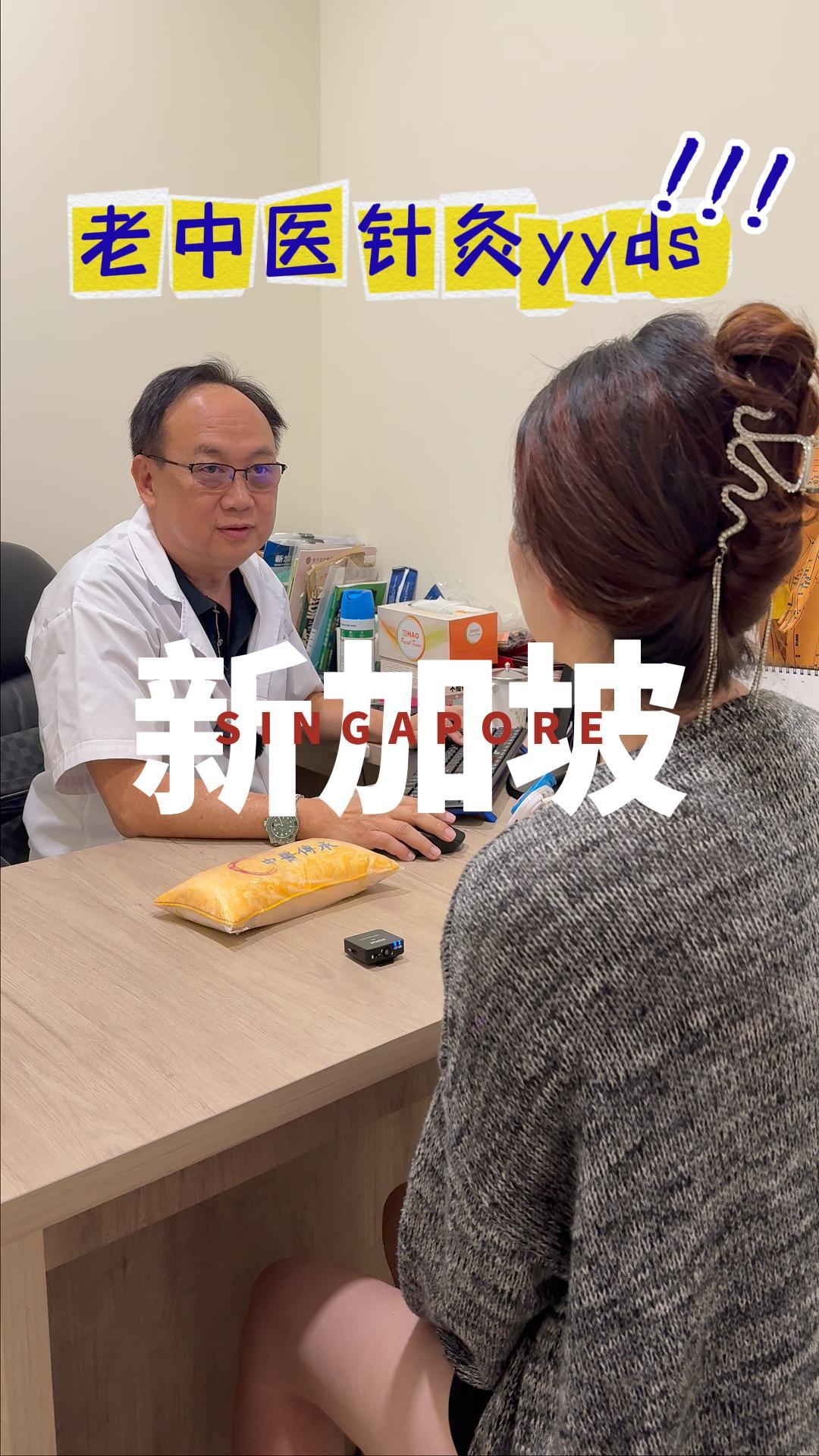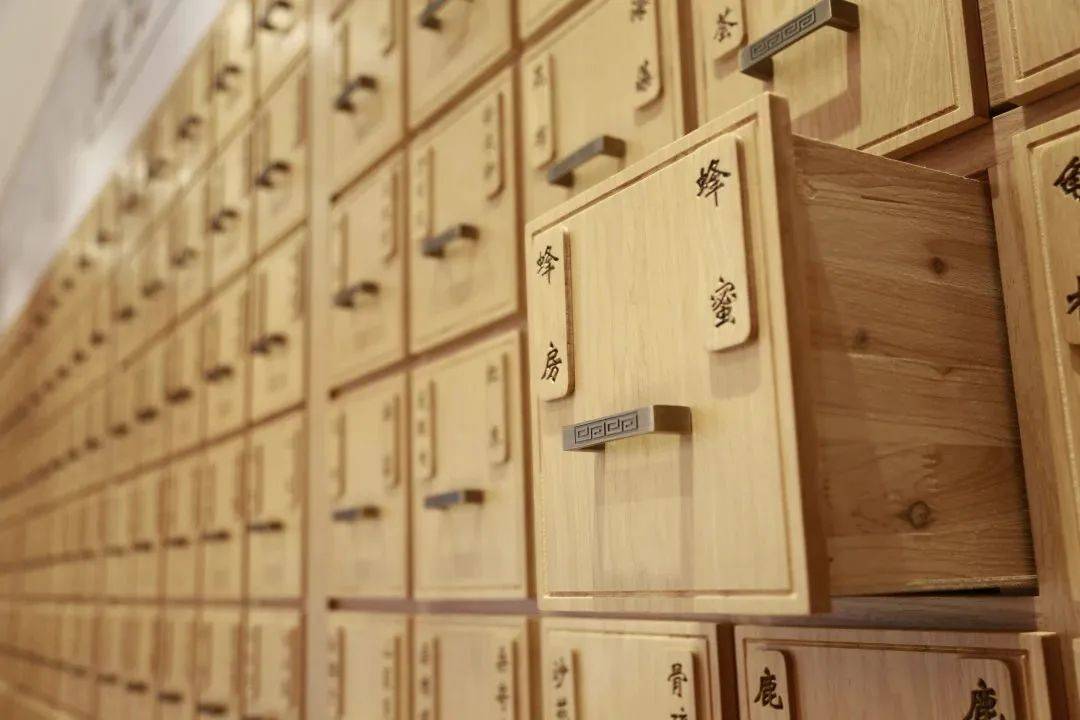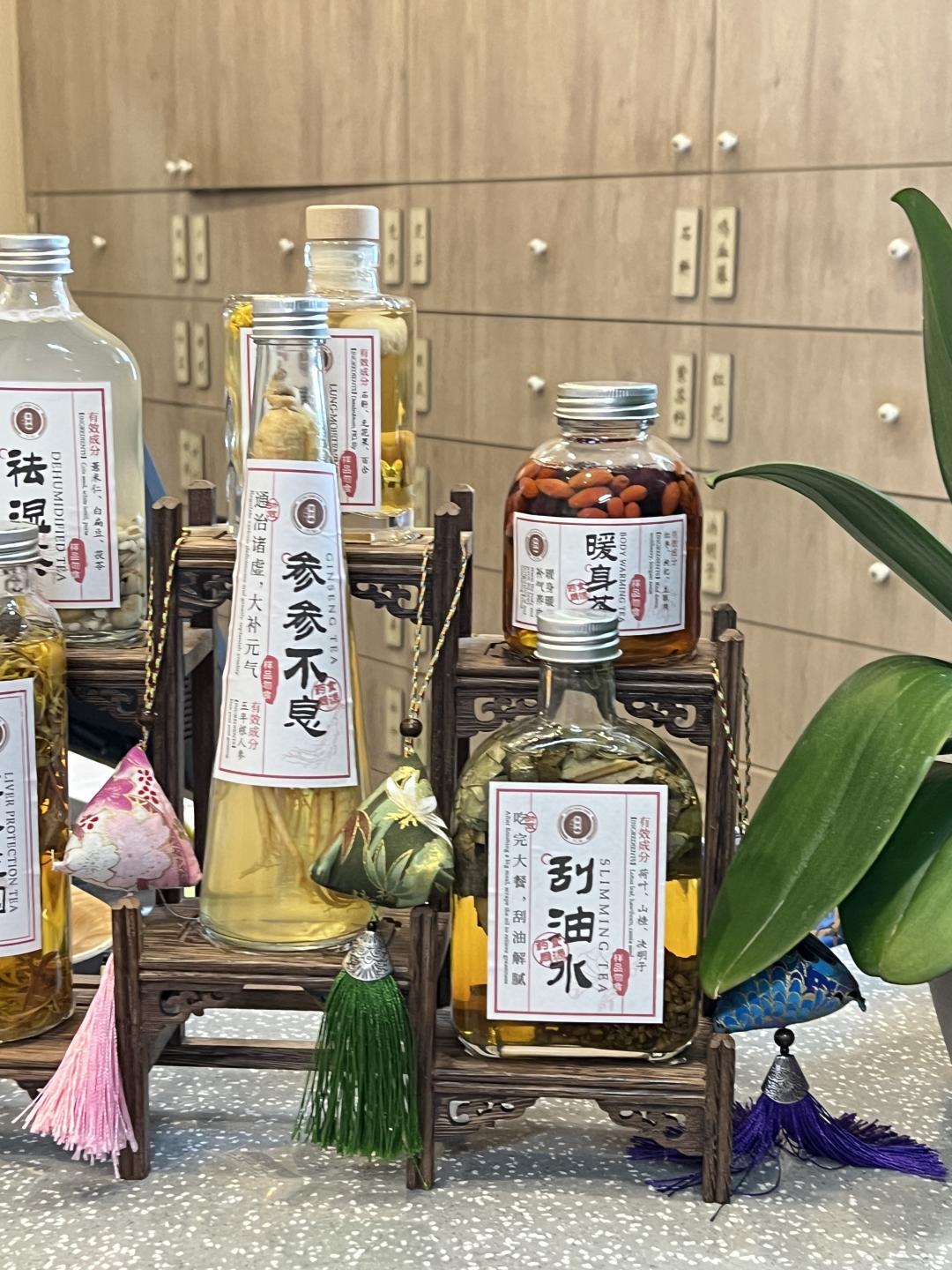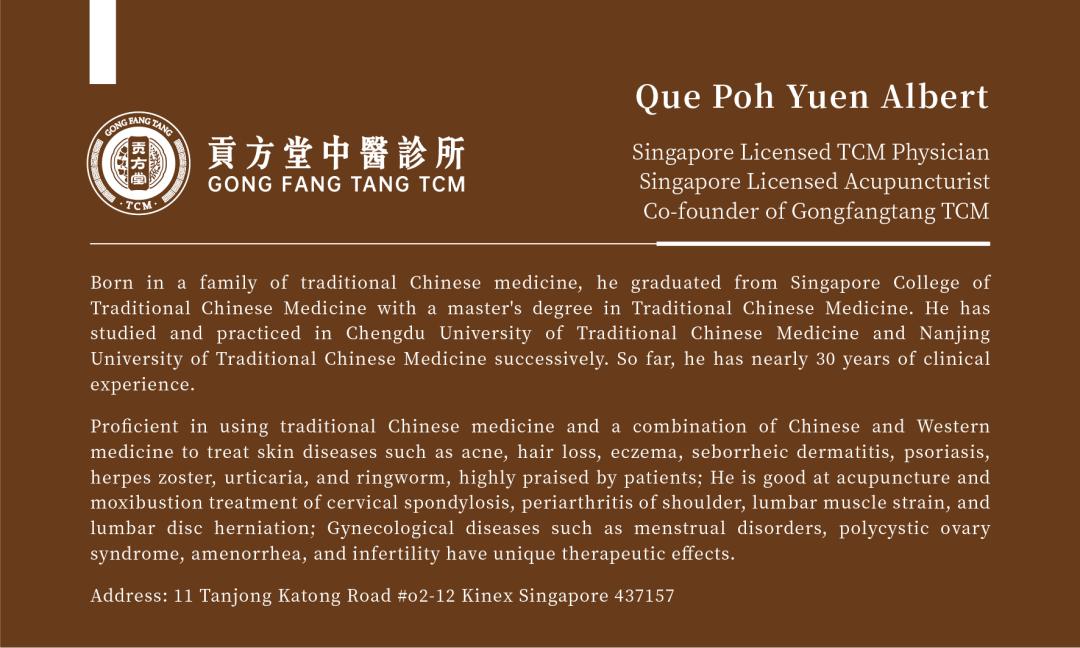- Physicians
- Clinics
- TCM
- Western GP
-
Fees
-
Deals & Privileges
- About & Resources
- Contact Us
Some people have slender limbs and aren’t overweight, yet struggle with a noticeably bloated abdomen. Despite the urge to defecate, they cannot pass stool, feeling constant abdominal distension. A medical scan reveals impacted stool weighing over ten pounds — a shocking burden. In fast-paced Singapore, irregular lifestyles, stress, and other factors make constipation a widespread concern.
TCM Physician Qiu Baorun of Singapore’s Gong Fang Tang explains that constipation isn’t merely a surface-level "inability to pass stool" but reflects deeper yin-yang imbalance within the body.

Identify Your Constipation Type:
Heat-Type Constipation
Cause: Overconsumption of spicy foods, heat accumulation in stomach/intestines.
Symptoms: Dry stool, abdominal pain, dry mouth, bad breath.
Qi-Stagnation Constipation
Cause: Emotional stress leading to blocked qi.
Symptoms: Difficulty passing stool, ribcage tightness, frequent belching.
Deficiency-Type Constipation
Qi Deficiency: Weak propulsion, fatigue after defecation.
Blood Deficiency: Dry "pellet-like" stool due to intestinal dryness.
Yang Deficiency: Cold-induced stagnation, painful stool with cold limbs.
Personalized Treatment Plans:
Tailored to the patient’s constitution and pattern:
Heat-Type: Maziren Wan (Hemp Seed Pill) modified — hemp seeds/moistening herbs + rhubarb/purgatives.
Qi-Stagnation: Liumo Tang (Six Milled Herb Decoction) — qi-regulating herbs like aucklandia.

Deficiency-Type:
Qi Deficiency: Huangqi Tang (Astragalus Decoction).
Blood Deficiency: Runchang Wan (Intestine-Moistening Pill).
Yang Deficiency: Jichuan Jian (River-Facilitating Decoction).
Goal: Focus on "unblocking through tonification" — avoid harsh laxatives depleting vital qi.
Daily Care: "30% Treatment, 70% Maintenance"
Physician Qiu’s Recommendations:
Therapeutic Tea:
Four Seeds Constipation-Relief Tea
Ingredients: Hemp seed (10g), bush cherry seed (10g), peach kernel (5g), apricot kernel (5g).
Benefits: Moistens intestines (for yin deficiency constipation).
Method: Steep in boiling water 30 mins; drink as tea.
Acupuncture & Massage:
Stimulate points like Tianshu (ST25), Zusanli (ST36), Zhigou (TE6) to regulate bowel function. Abdominal massage boosts peristalsis.
Lifestyle Tips:
Drink 300ml warm water on empty stomach each morning.
Massage abdomen clockwise 10 mins after meals.
Practice Kegel exercises 50x daily.

Case Study
Patient: Ms. Wan, 39
Chief Complaint: Recurrent constipation for >10 years; non-hard stool but difficult passage, scant volume, rectal heaviness, bloating.
Initial Exam: Pale-red tongue, thin white coating, wiry pulse.
Diagnosis: Qi-Stagnation Constipation (Liver Qi Stasis).
Treatment: Soothe Liver, regulate Qi, unblock bowels.
Formula: Modified Liumo Tang — includes Bupleurum, Angelica, White Peony, Poria, Atractylodes, Buddha’s Hand, Cyperus, Aucklandia, Bitter Orange, Lindera, Roasted Licorice, Rhubarb (added last; discontinued once stool normalized).
Result: Daily bowel movements after 3 doses; 70% bloating reduction. After 7 doses: formed stool, improved sleep.

Traditional Chinese Medicine (TCM) emphasizes pattern differentiation and treatment determination, providing highly individualized formulas. The specific usage and dosage of herbs must be adjusted based on diagnosis under the guidance of a licensed physician — strictly avoid self-medicating without professional consultation.